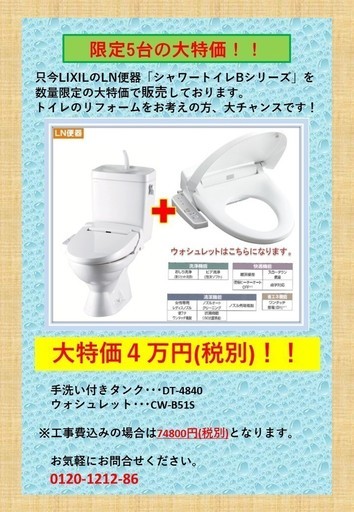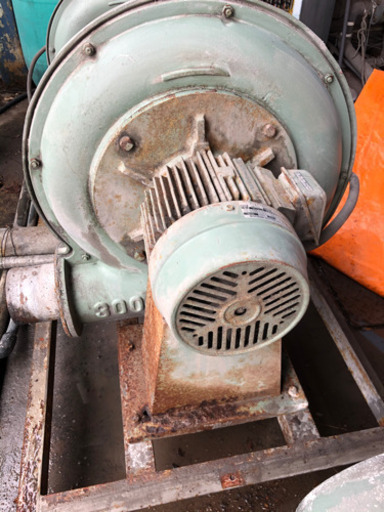商品の詳細
ブランド:THE NORTH FACE
発売日:2020/08
サイズ(S/M/L):3L(XXL) L LL(XL) M S
メンズ/レディース:メンズ
色:ブラック系
平均重量(g):310g
アウトドアジャケット機能:パッカブル 撥水
フード有無:あり
中綿有無:あり(混合)(2022年 9月 28日 10時 17分 追加)商品に興味をもっていただき、ありがとうございます。
以下お読みいただき、入札をお待ちしています
商品状態)
少し前に新品購入しサイズが少し小さかったため出品します。
3、4回着用ほぼ未使用品になります。
汚れほつれ匂いはありません。
商品の説明
最新のクチコミ
147cm 45kgのウェーブ体型です。
黒のMサイズ購入。
首周りが狭く、伸びにくい生地のため脱ぎ着し難いです。
肩に添わず、フレンチスリーブの為、太って見えます。
まぁ、太いのは仕方ないのですが、、、
ワンサイズ上だと、また違うのかな?
- KEF*****さん
- 42歳
- アトピー
- クチコミ投稿 2件
購入品
使用しているものが汚れてしまったため、こちらで新しいものを購入しました。
洗濯後も肌触りが良く大変良かったです。
- LMG*****さん
- 36歳
- アトピー
- クチコミ投稿 2件
購入品
前回、友達へのプチプレ用に、花柄シフォンストールを注文しましたが、ボリューム感を考えて、こちらの商品も一緒に渡そうと購入しました。友達2人にはシェルピンクとモカベージュを、自分用にリーフグリーンとキャメルにしました。色も綺麗で、買って正解でした。(⌒‐⌒)
- VRZ*****さん
- 58歳
- アトピー
- クチコミ投稿 1件
購入品
壁紙はりに はまってしまい 次から次へと。。。綺麗になるのは 気持ちいいですよね
自分でやれば 安くできるし 自分にもできるんだと 自信がつきました
とても貼りやすい 生糊付き壁紙です。。。また お願いすると思います
- GMU*****さん
- 25歳
- アトピー
- クチコミ投稿 2件
購入品
とっても可愛くて一目惚れしました!
買うならコレ!って決めてて
離乳食を開始するタイミングで購入。
めんどくさがりの私は、可愛い食器でテンション上げて頑張りますw
- EZU*****さん
- 19歳
- アトピー
- クチコミ投稿 3件
購入品
配送はとても早く、梱包も綺麗でした。組み立てには力が入りました。女性ですとネジを締める時が結構力を使います。ドライバーもないとネジ締めは不可能です。ドライバーは後から注文しました。棚付きの白にしましたが、とても可愛いです。これから増やしていくか部屋の様子を見つつ考えます。お値段も安くいい感じです。
- DAH*****さん
- 26歳
- アトピー
- クチコミ投稿 3件
購入品
娘の入園式で使用の為購入しました。
ジャケットなど購入機会がほとんどなく、自分に合うサイズが分からないので157/55で11号と13号とかなり悩みましたが、みなさんのレビューを参考に11号のフォギーグレーmixを購入しました。
着心地はピッタリ過ぎず、ゆったり過ぎず丁度良かったです。もしキツくても1番上のフックだけ付けるつもりなので何とかなるかな、と思っていましたが、全フック付けてもピチピチにはなりませんでした。
こちらに黒のパンツを合わせて履く予定ですが、卒園式にもインナーの色を変えて着ようと思います。
- HZI*****さん
- 37歳
- アトピー
- クチコミ投稿 2件
購入品
バックライトがとても見やすいです。
デジタル表示は、見やすく、分量を測りやすいです。
とてもコンパクトで収納も邪魔になりません。
- HRG*****さん
- 23歳
- アトピー
- クチコミ投稿 3件
購入品
スポーツ、レジャー・アウトドアウエア・スポーツ、レジャー・アウトドアウエア
-
-
1

五式戦闘機(首無し飛燕)
五式戦闘機(首無し飛燕)
¥80,000
-
この商品を見ている人におすすめ
-
-

レカルカ DRBB
¥16,399
-

Dreem
¥30,000
-

LIXILトイレ大特価‼数量限定‼残り5個
¥40,000
-

家から逃げ出したい私が〜
¥19,500
-

ブルーモーメント 秘密の書斎 香水 秘めごとトワレ
¥7,999
-

西村電気、三相200V、送風機
¥20,000
-













